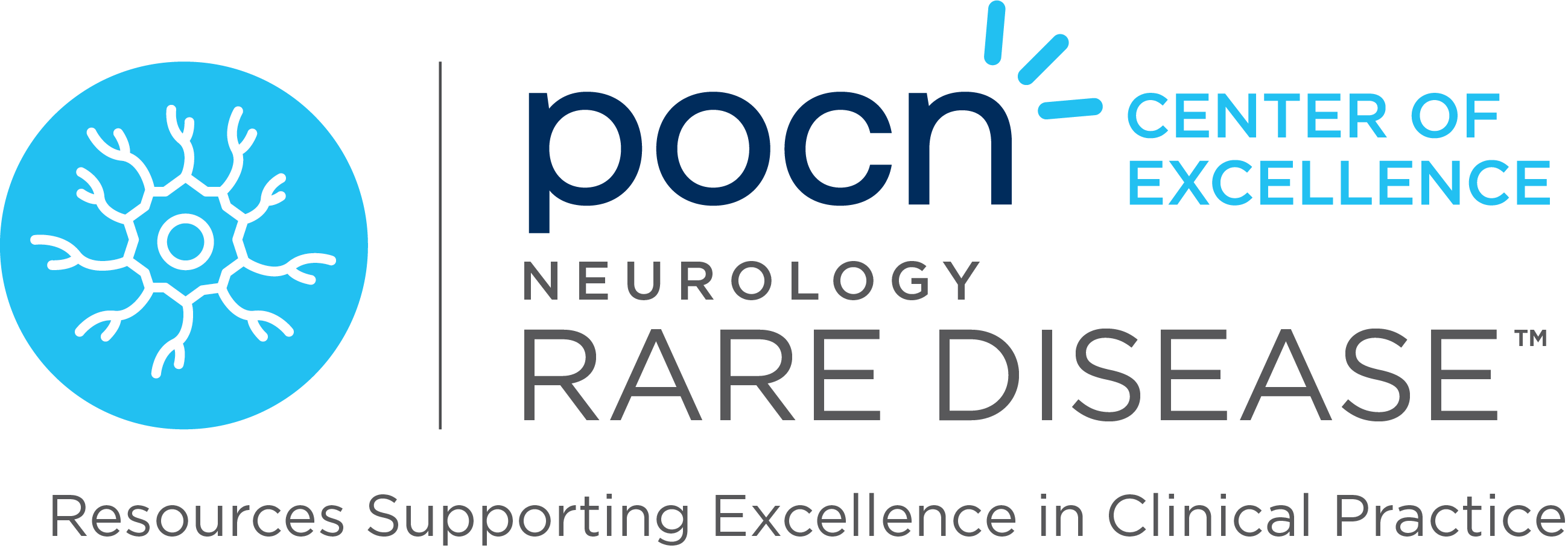Myasthenia gravis (MG), characterized by autoantibodies disrupting neuromuscular junctions, was the focus of a pilot study examining high-dose chemotherapy (HDIT) and autologous hematopoietic cell transplantation (HCT) in a patient with severe, treatment-resistant MG. The patient underwent HDIT with a regimen including carmustine, etoposide, cytarabine, melphalan, and rabbit antithymocyte globulin, followed by autologous HCT after stem cell mobilization with rituximab, prednisone, and G-CSF. The treatment aimed to evaluate its impact on AChR-binding autoantibodies.
Having battled AChR antibody-positive MG for 14 years without success from conventional treatments like thymectomy and immunomodulatory agents, the patient showed significant clinical improvement days after the HDIT/HCT and remained symptom-free at one and two years post-treatment. Despite continued presence of AChR-binding autoantibodies and a shift in immune cell types, the patient’s response suggests that cell-mediated mechanisms play a crucial role in refractory MG, proposing HDIT/HCT as a potential treatment pathway. This case supports further research through a phase 2 clinical trial to validate HDIT/HCT’s efficacy for severe MG cases.
Reference: Schlatter MI, Yandamuri SS, O’Connor KC, et al. Remission of severe myasthenia gravis after autologous stem cell transplantation. Ann Clin Transl Neurol. 2023 Nov;10(11):2105-2113. doi: 10.1002/acn3.51898. Epub 2023 Sep 19. PMID: 37726935; PMCID: PMC10646993.



